
It’s time for me to talk about the new AMC series Interview with the Vampire, which is not exactly based on the movie from 1994 which starred Tom Cruise and Brad Pitt, but kind of sort of is a little bit. This series is a continuation of that movie and takes place some thirty or forty years after the first interview between a mortal named Daniel Malloy (Eric Bogosian) and the vampire Louis du Ponte Du Lac. Daniel is much older (something which initially threw me off a bit before I understood what the show was doing) and has Parkinson’s, and he agrees to do another interview with Louis to set the record straight, wrap things up, or because Daniel never got the chance to publish the first interview because Louis bit him and kept the cassettes. Louis now lives in a uv-fortified apartment in Dubai, with a coterie of human servants, and invites Daniel back for another interview. Daniel is understandably reluctant after what happened the last time.
I, like everyone else, had some misgivings about the series, especially after I heard about the changes that were being made to it, but not for the reasons that most people did. There are three major changes from the book version that people expressed some anxiety about. Louis is now a Black man (and not bi-racial as I first thought), Claudia is biracial and has been aged up to fourteen (in the novel she is about five or six), and the setting is now pre-war New Orleans around 1910. The reason I felt some type of way about these changes is because the showrunner is a white guy, and white men have shown me multiple times that they are incapable of writing sensitively about Black characters (ala. American Gods), but the showrunner here did what at least a few of them have learned how to do in the past several years, (see Star Trek Discovery and The Watchmen), and that is hiring writers from marginalized groups and actually listening to them, instead of acting like they know better than the people who are part of the communities being written about. It’s not a perfect solution. Ideally, I want the writers and showrunners to be members of the groups in question, but I’ll settle for this arrangement, if it means better representation because it’s not enough that marginalized people be present onscreen, they have to be represented in a sensitive manner.

After watching the first two episodes, I’m on board with these changes because the story really hasn’t been greatly upheaved, (although we have yet to see Claudia so I don’t know how that’s going to be handled), and the topic of race has been handled in a sensitive enough manner that most Black people won’t be triggered by the content. Because Louis is Black the creators did not want to have him as the owner of a plantation in the 1800s, although as part of the community of free people of New Orleans, his father did, at some point, enslave Black people. But I can understand why that was changed because that would have been even more objectionable than his current profession as part owner of a string of brothels. The time period was also updated and Louis is in one of the few professions that would have allowed his family to hold onto the wealth that Louis’ father squandered, and a brothel owner still involves the exploitation of Black bodies, so it’s not entirely unrelated. Some people objected to him being portrayed as a pimp, but I feel no particular way about that, and it’s a convenient excuse for him to come into contact with Lestat while keeping their basic relationship and the story structure intact. I have yet to see any Black misery porn in the series just for the sake of it being there, and only heard the N* word thrown out once (by a character that is subsequently brutally killed).
The chemistry between the two leads played by Jacob Anderson and Sam Reid is absolutely electric, and the series stays focused on them and their relationship, rather than side plots, since it’s being told from Louis’ point of view from the future (along with knowledge he didn’t possess in that first interview), and I deeply appreciate that. The episodes begin and end with Daniel and Louis but those are kept to a minimum, are entertaining, and are also funny. The show also doesn’t waste a lot of time. Louis becomes a vampire by the end of the first episode, and most of the second episode is about him adjusting to his new condition.

Their relationship heavily reminds me of the messy relationship between Will Graham and Hannibal Lecter in the Hannibal series, and I’m here for messy gay relationships. Louis recognizes that he is gay but is deeply closeted until he meets Lestat. His family suspects and disapproves, but since he is the one who holds the family purse strings, they don’t object too loudly, although Rae Dawn Chong as his mother is a master of The Dismissal. Louis’ brother is also featured in the first episode. Unlike the novel, the two don’t fight and there is real friendship and love between them, but events occur as they do in the book, and it’s the reason Louis ends up in Lestat’s arms.
The dialogue and conversations between Louis and Lestat hew as closely to the novel as possible, but where the book was kind of hedgy about their relationship status, the show is explicit. Louis and Lestat live together, flirt, have sex, fight, kiss, make up, have a child, and engage in all the same operatic infighting that young lovers get up to when they have far too much energy. The writers tried to remain as true to the book as possible with lots of nice little easter eggs for those of us who have read The Vampire Lestat. Lestat’s childhood dream of becoming a priest gets a mention, Marius and Lestat’s first lover, Nicky, also get a shoutout, and I believe Lestat has a painting of his vampire mother, Gabrielle, on the wall of his home. Sam Reid is every bit as engaging a character as Lestat is supposed to be, and Jacob Anderson holds his own with him.
There is one major sex scene in the first episode, but most of the sex scenes involve threesomes as the two vampires feeding on someone is often a euphemism for it. The show is also not without some humor. It doesn’t take itself very seriously but isn’t exactly camp either. I thought from the trailers that it was going to be one of those highly operatic, over-the-top, overcooked hot messes, but the show is rather sedate and what you see in the trailer are the highest points of emotion in that episode, not the quiet moments that led up to that point, or an indication of the mood of the rest of the show. The humor is very sly, with blink-and-you-‘ll-miss-it one-liners, Lestat’s general bitchiness, something featured heavily in the second novel, or actions and conversations between the characters are just funny. I thought the episodes were funny but it’s not a comedy.

The show touches on Louis being a Black man in the South with a certain amount of sensitivity and addresses his lack of equality with the white men around him (including Lestat) even though he is wealthy, and for all intents and purposes, a superior predator, and that’s illustrated in a scene where Louis feels disrespected by a white man of his acquaintance and brutally kills him. They live in an environment where he cannot be seen to be Lestat’s equal in public, and must always defer to him when they go into whites-only spaces (like the opera), with Louis posing as Lestat’s valet in front of an audience, but behaving as equals once the curtain goes up. Lestat is from France but is reluctant to go back there (we will find out why later), but I can’t help but feel that Louis wouldn’t have to act this way in France, where things were not as strict, and American-born Black people were much tolerated at the time, especially if they had money.
Just to note, there is a lot of blood spilled in this series. There is gore and some nudity, some of it full frontal for those of you who feel some type of way about all that. This is not like the CW. It’s a show for adults although mature teens can certainly access it. The series has a very cinematic feel, and the costumes and sets look like someone spent some money on them. Christopher Rice and his mother Anne were involved in the writing of the series before her passing last year so that made me feel at least a little bit better about the direction of the series. The idea is to slowly incorporate ideas and characters from all the other books as the series continues. I was hoping for a bunch of mini-series based on individual books but this is good too. I’m really enjoying it a lot so far, and I’m excited about its future. There have only been two episodes so there’s still plenty of room for the creators to mess this up but they started off very well, and I eagerly await the next episode.
Interview with the Vampire will air every Sunday on AMC, and last seven episodes. If you subscribe to AMC you can watch the first two.
AMC has already renewed the series for a second season.




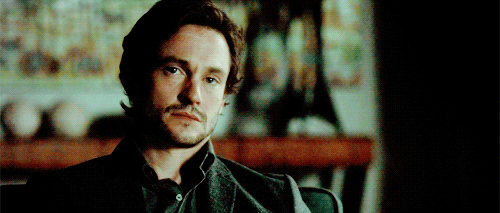





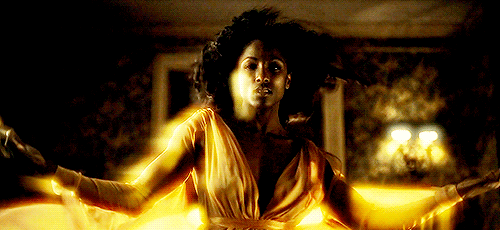
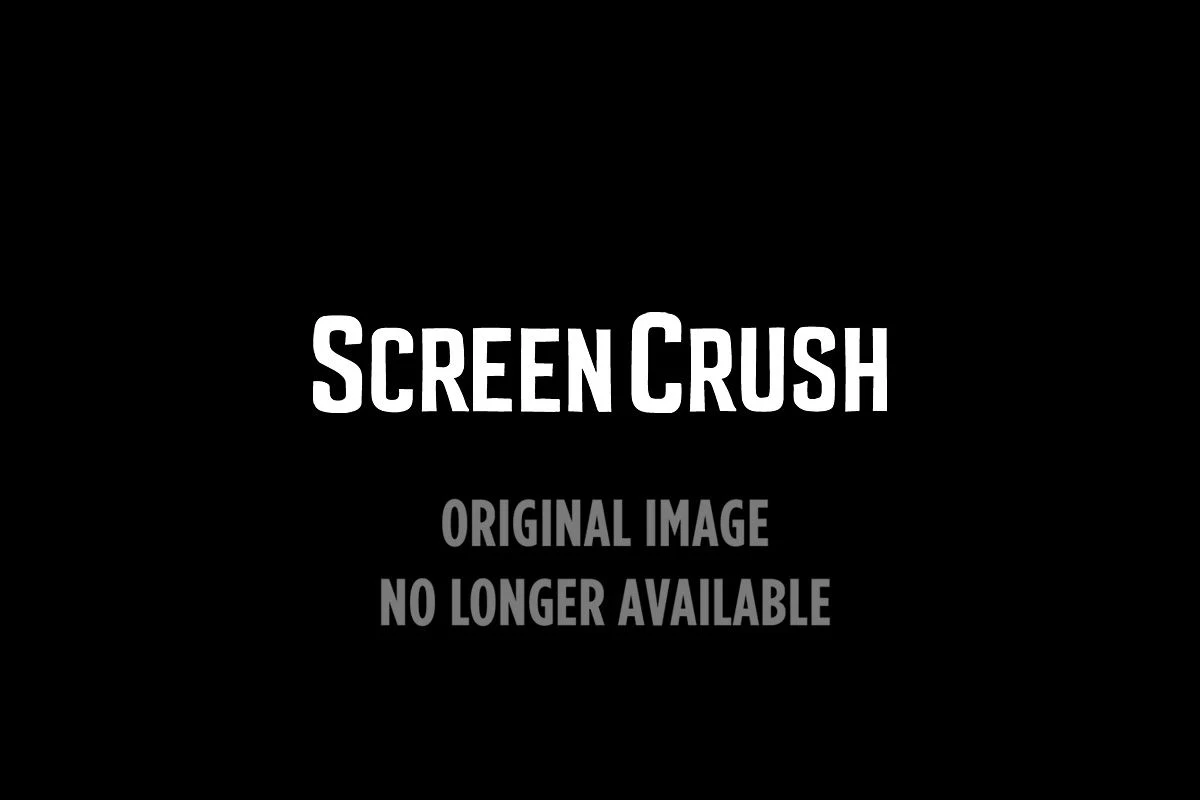

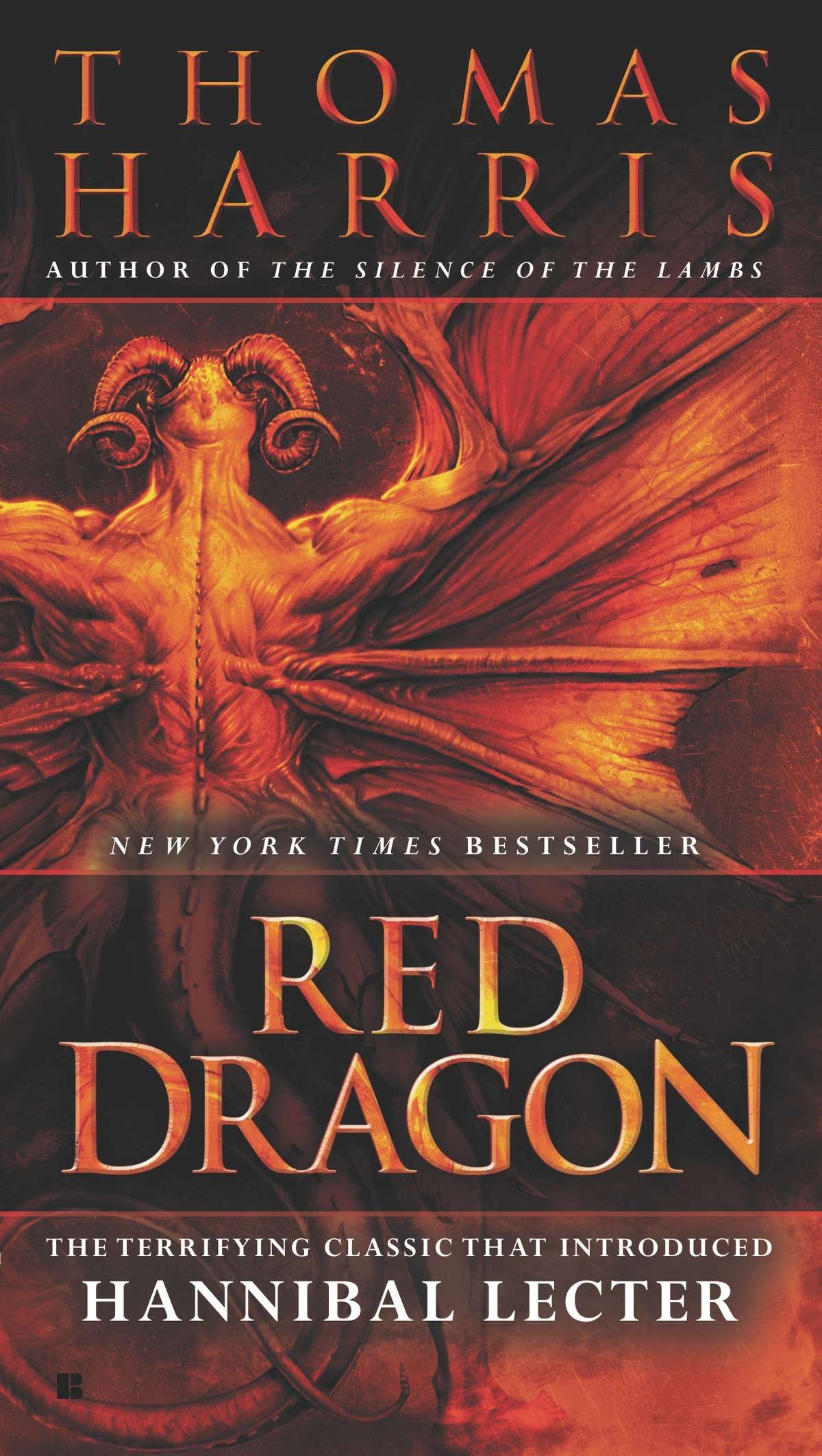



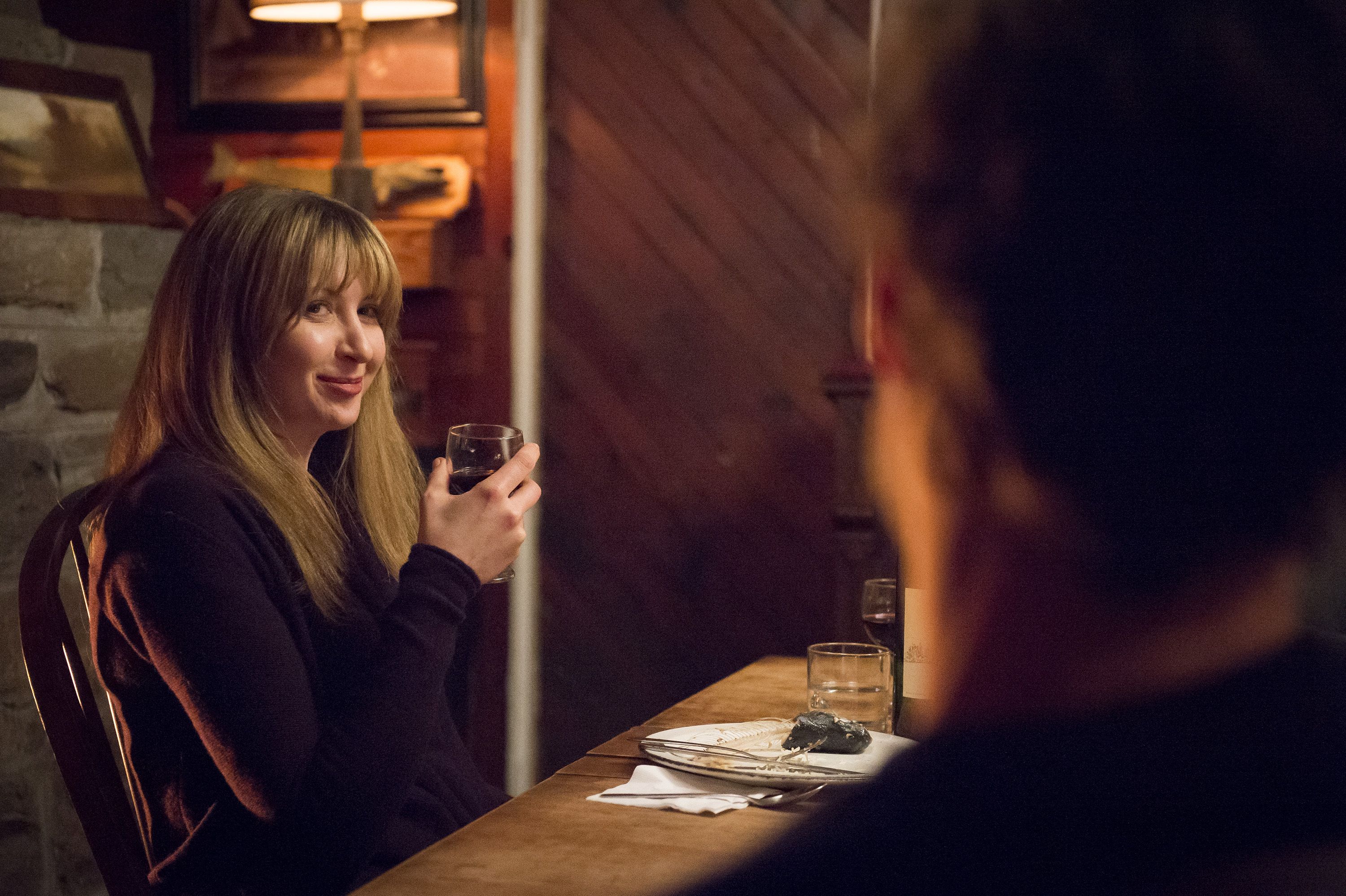


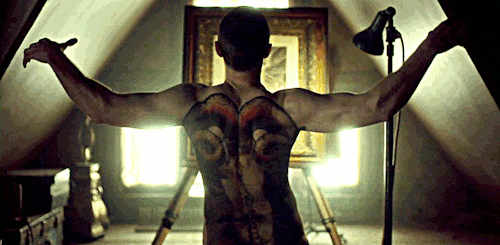
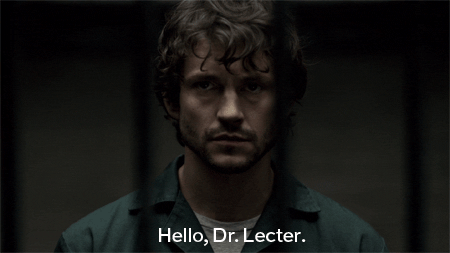



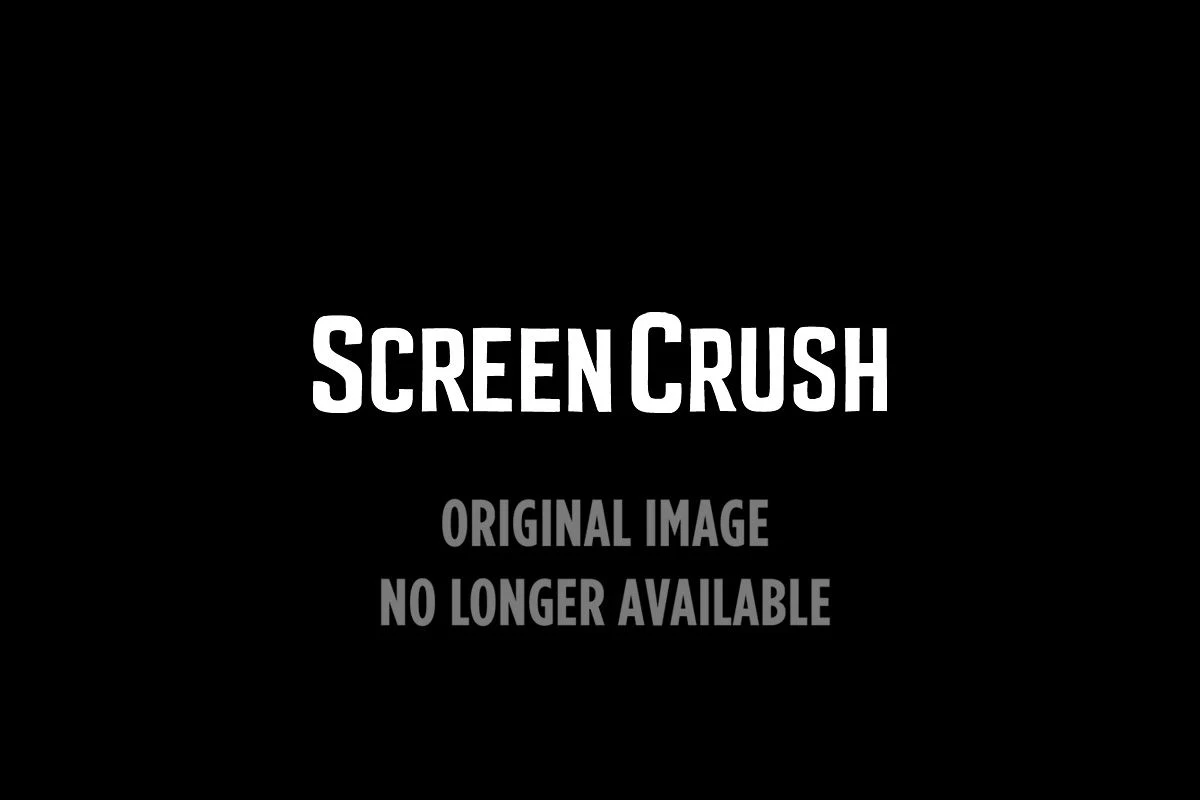

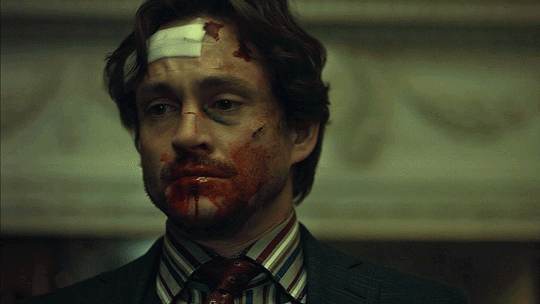



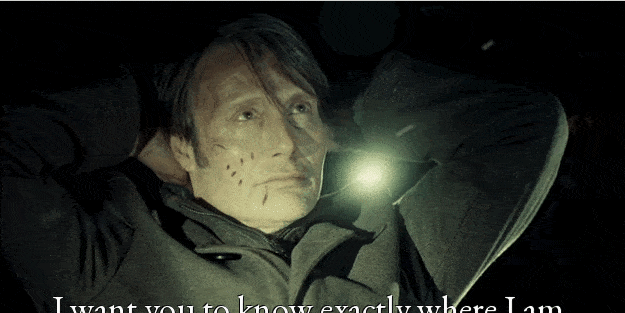

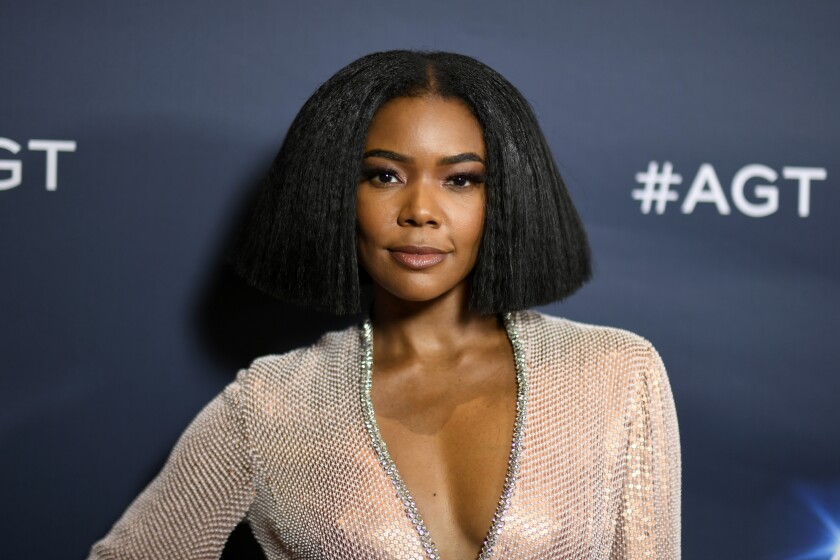
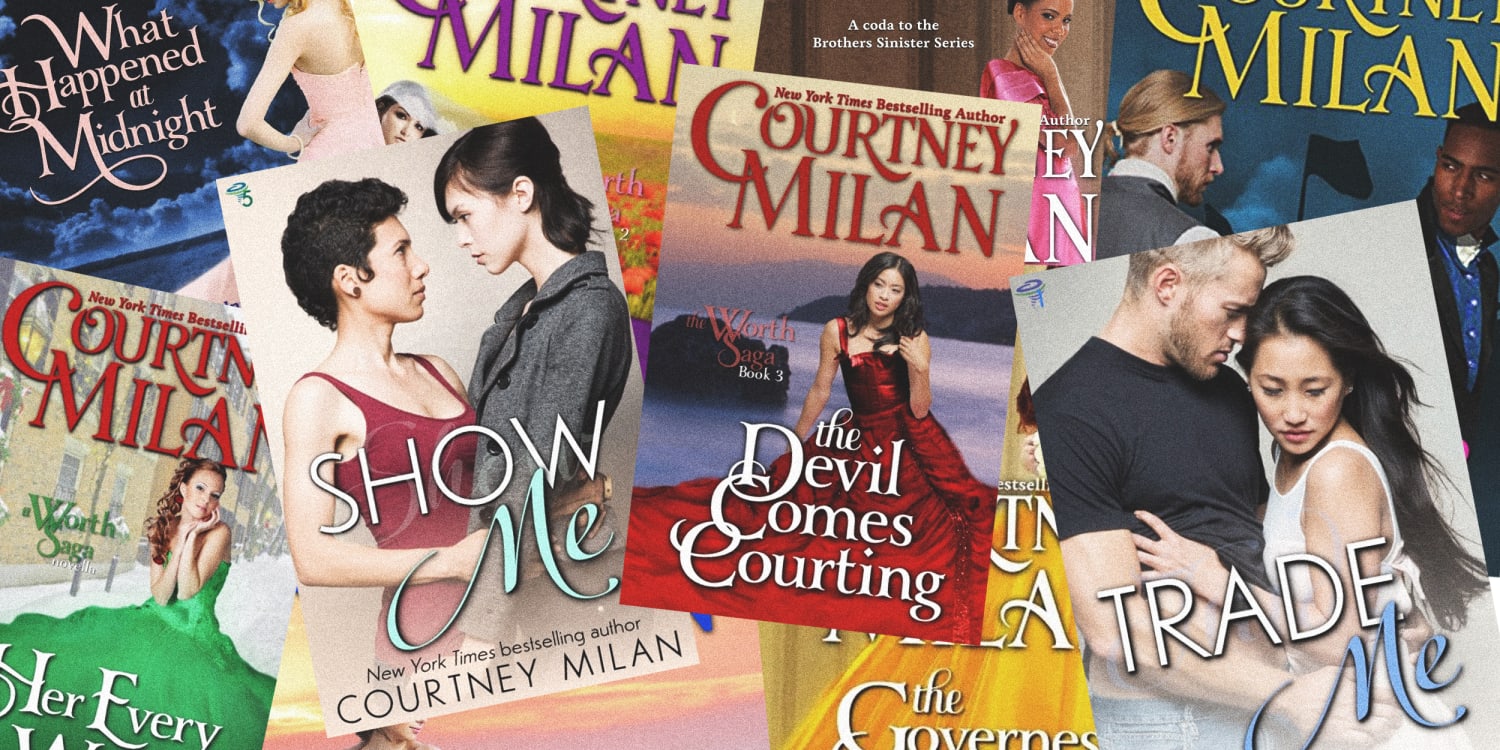

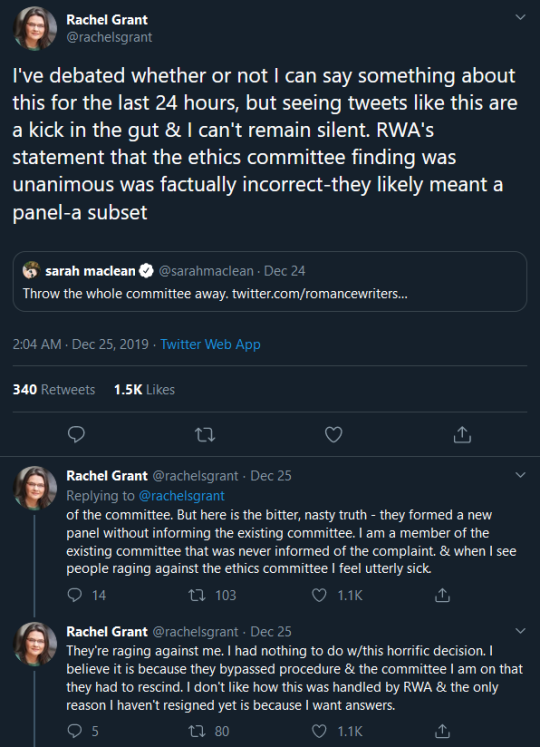
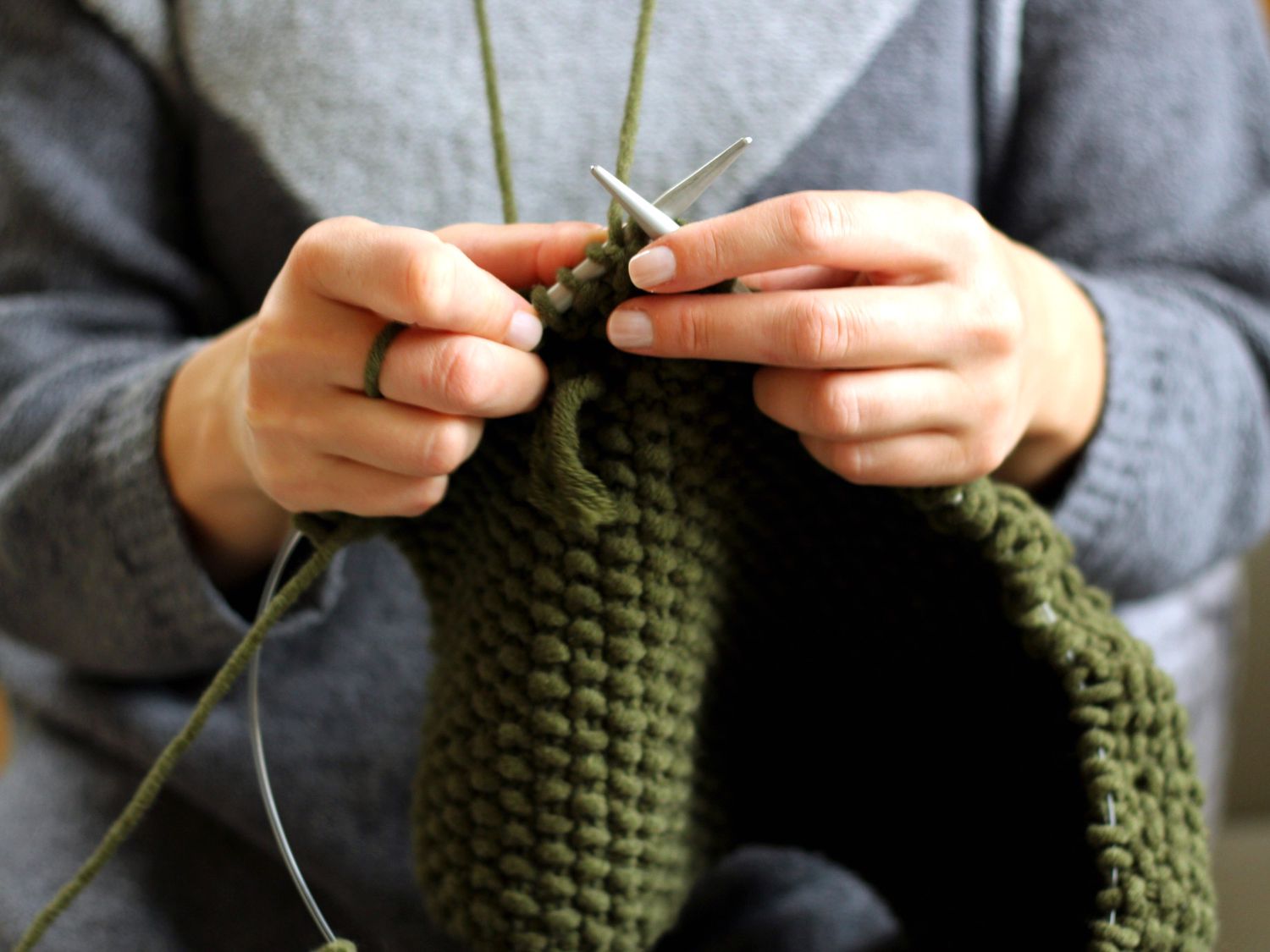







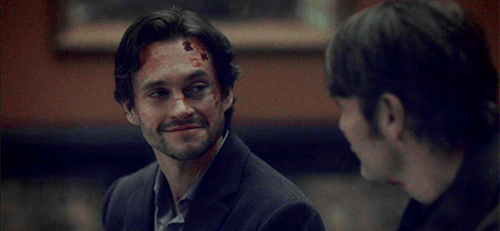
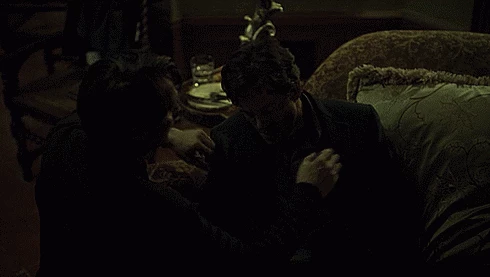

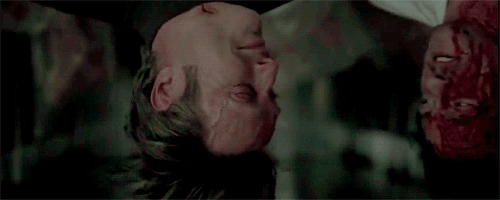


















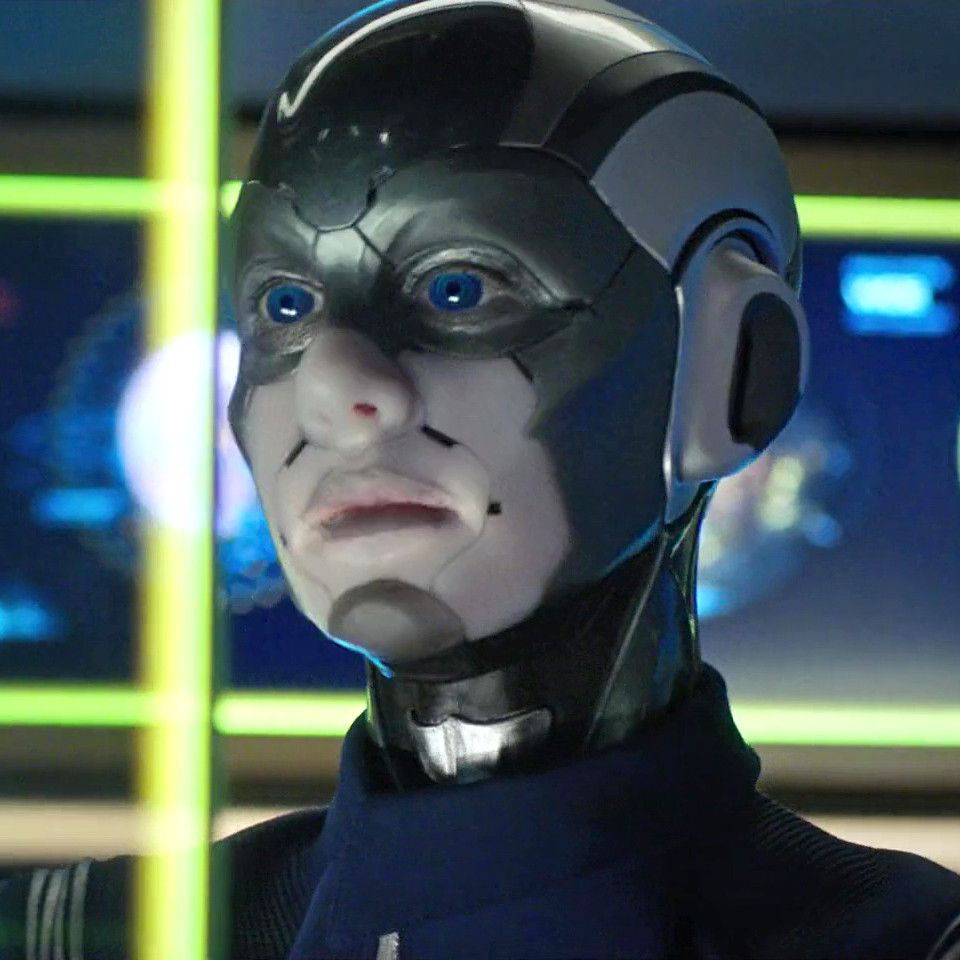
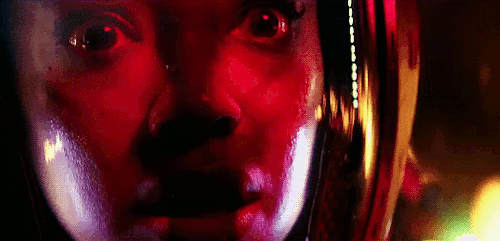
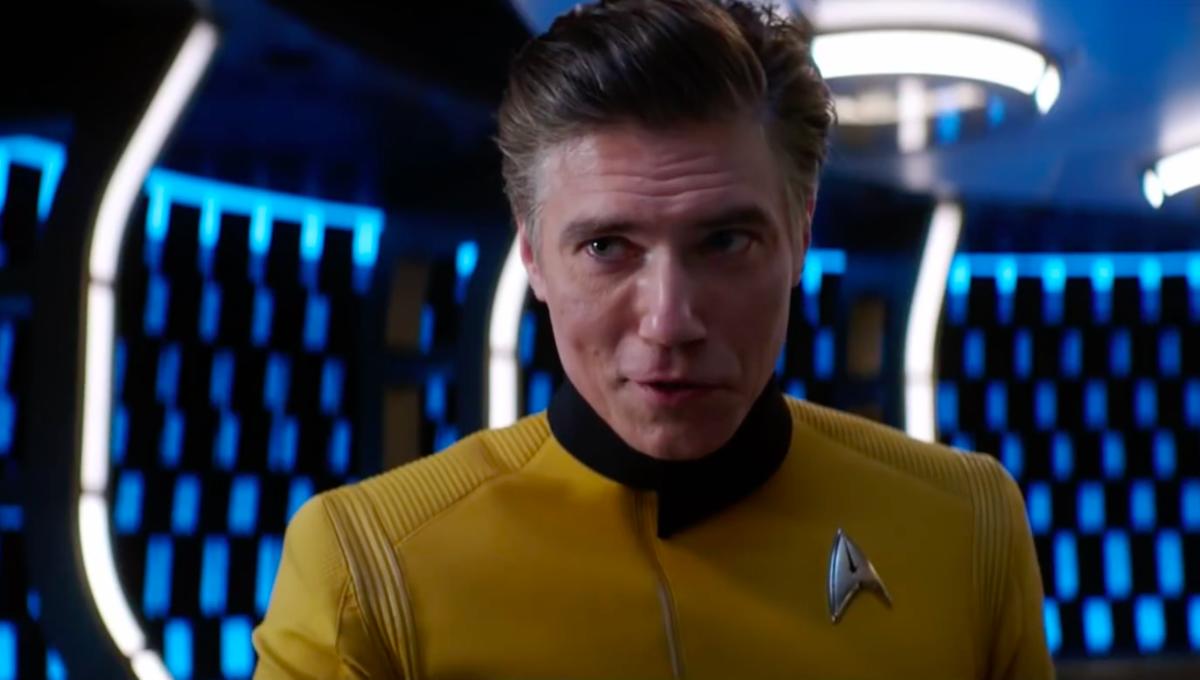
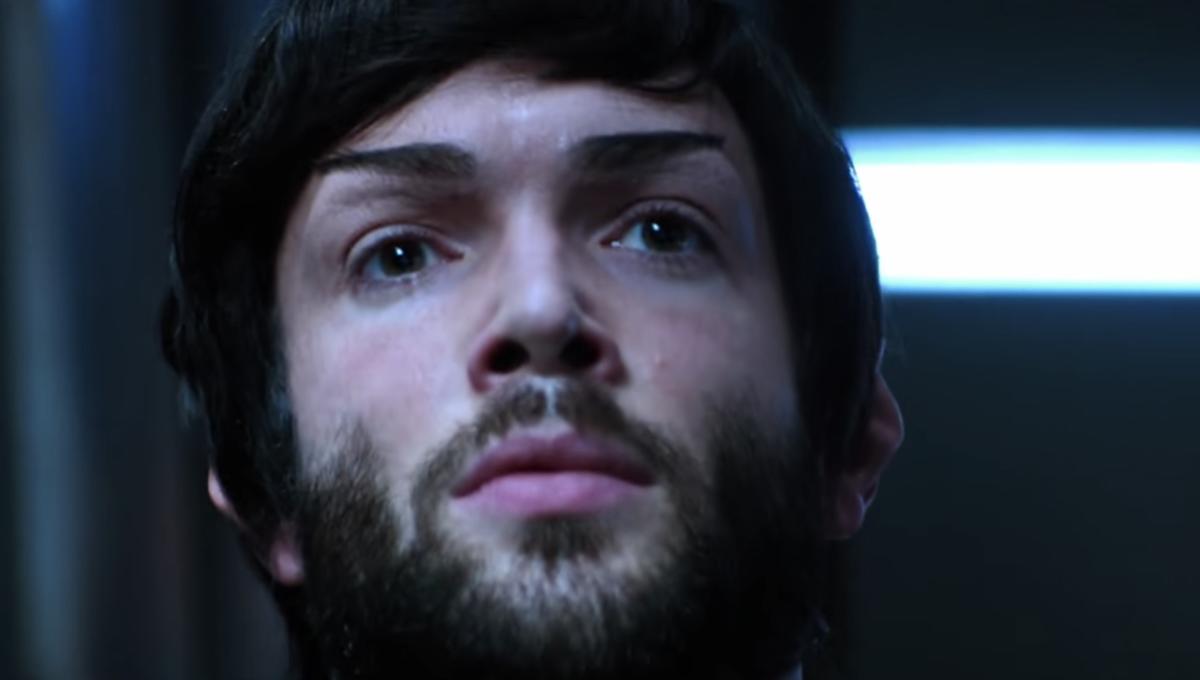
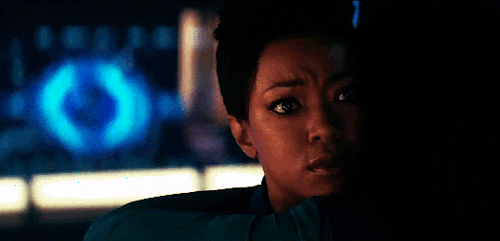

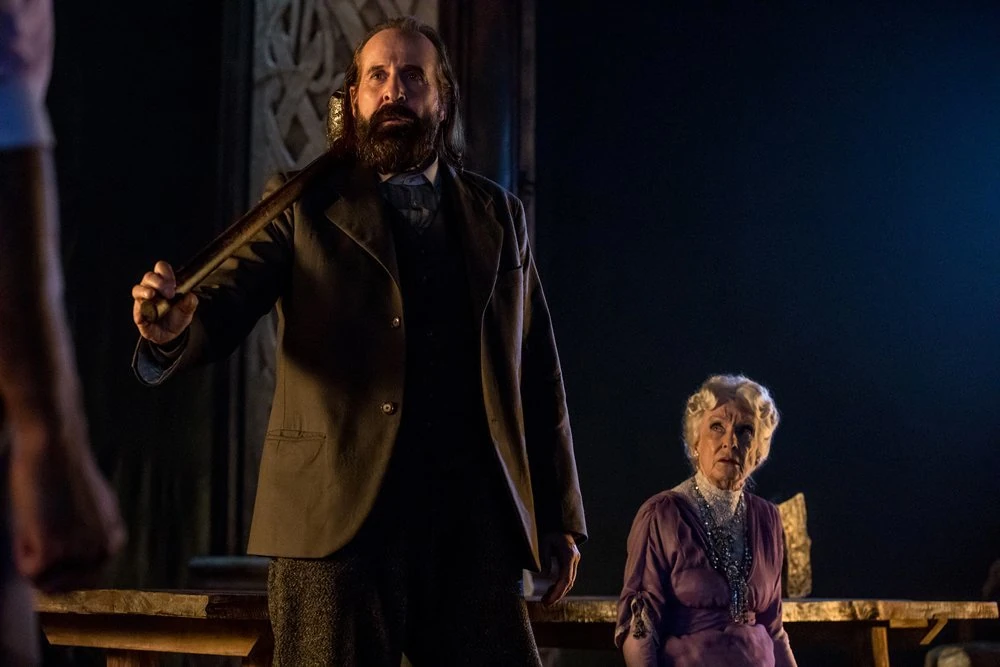
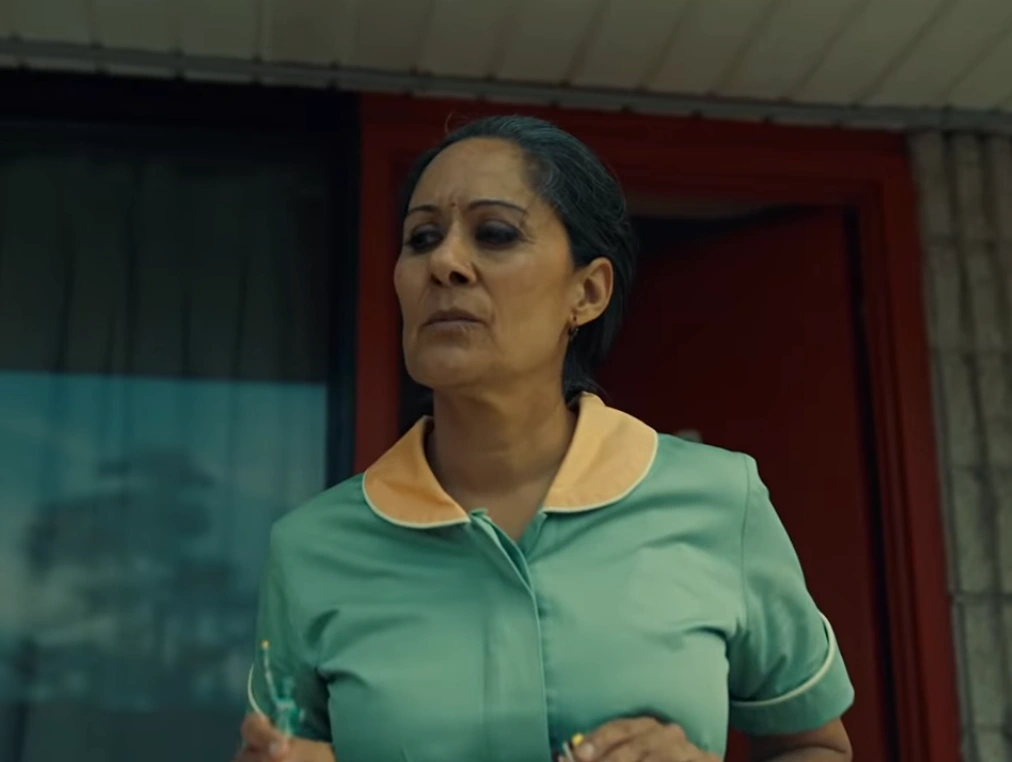


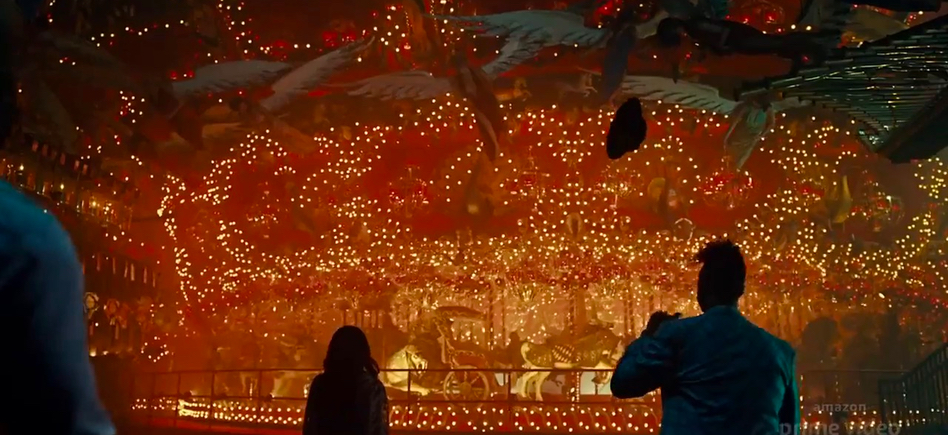

/cdn.vox-cdn.com/uploads/chorus_image/image/62632376/05_american_gods.nocrop.w710.h2147483647.0.jpg)